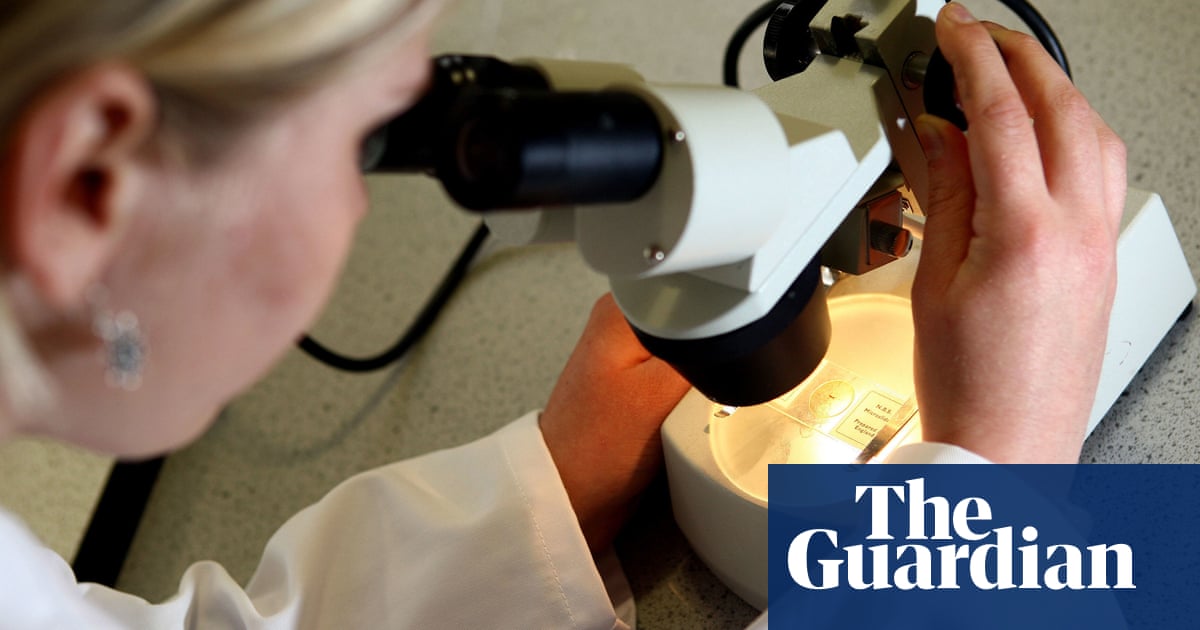
In an international study that promises major breakthroughs in cancer treatments, over 1,000 researchers from around the world have managed to reach a more comprehensive understanding of cancer after analyzing 47 million genetic mutations of 2,658 tumors from 38 different cancer types.
The researchers said their findings could allow treatment to be tailored to each patients unique tumor, or develop early diagnostic tests.
In their study published in the journal Nature, researchers from the Pan-Cancer Analysis of Whole Genomes (PCAWG) said cancer was like a puzzle that 99 percent of its pieces were missing. Until today, scientists have relied on the one percent they know of the genetic instructions that lead to the building of proteins. In other words, 99 percent of the cancer genome was unknown. This lack of information deprived around a third of patients from treatment, as it was impossible to tell why their cells had become cancerous.
After many studies carried out over more than a decade, scientists from 37 countries have managed to map the remaining 99 percent. They described their findings in 22 studies published in different scientific journals to explain how cancerous tumors are developed as a result of thousands of combinations of genetic mutations.
The scientists found that a human being has five main mutations that drive normal cells to transform into cancerous ones, and this could facilitate the development of the right treatments. However, five percent of cancers have no such driver mutations, which will require further studies.
The scientists also developed a way of dating mutations that allowed them to detect the early signs of cancer. In five cases, the team found that certain mutations occurred years or even decades before the patient was diagnosed with cancer, sometimes even in childhood. This could help diagnose the mutation in a young age and protect people from developing cancer later in life.
Peter Van Loo, researcher at the Francis Crick Institute, said: "Weve developed the first timelines of genetic mutations across the spectrum of cancer types. Unlocking these patterns means it should now be possible to develop new diagnostic tests that pick up signs of cancer much earlier."











